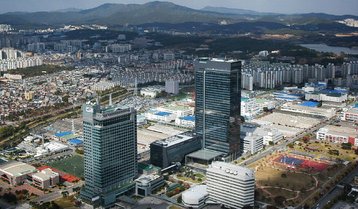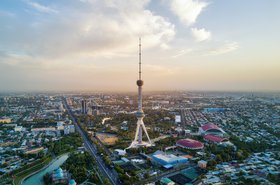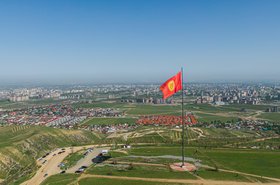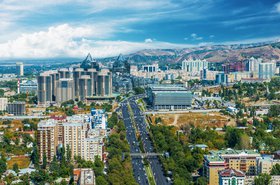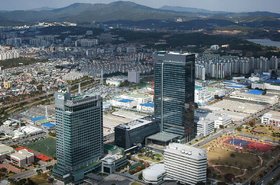The South Korean government has announced plans to build what it has described as the world’s largest semiconductor mega cluster in Yongin, a city south of Seoul in the country’s Gyeonggi Province.
The proposed development is expected to be the largest in the world. It will span more than 21,000 sq km and see three new research facilities and 13 new chip plants built. The government expects these new facilities to produce 7.7 million wafers per month by 2030 and create at least 3 million jobs over the next 20 years. South Korea is already home to 21 fabrication plants.
In comments reported by Bloomberg, President Yoon Suk Yeol told attendees of a policy debate held at Sungkyunkwan University’s natural sciences campus in Suwon, Gyeonggi Province, that the government has attracted initial investments of 622 trillion won ($471 billion). This is split between Samsung Electronics, which plans to build a 500 trillion won ($230bn) foundry in the region, and SK Hynix, which is investing 122 trillion won ($91bn) in a memory production facility.
To achieve additional private investments, Yoon said he would extend tax credits on investments in the South Korean semiconductor industry.
“Nuclear power plants in the country will provide stable power supplies to the new chip cluster,” Yoon said. “We are already witnessing overseas investment firms flocking in to explore potential business opportunities associated with the emerging chip cluster. This trend represents a continuation of last year’s record-breaking influx of foreign investments into the country.”
However, Dylan Patel who provides semiconductor research and consulting services at SemiAnalysis wrote on X, the social media platform formally known as Twitter, that the current investment announcement only amounts to $20bn a year during the proposed 23-year time frame, which isn't an increase.
“For reference, South Korea spent more than $20 billion dollars each of the last three years. This is a nothing burger announcement which should be ignored. It doesn't even contemplate an increase in spending,” Patel said.
South Korea is not the only country Samsung Electronics has chosen to invest in. In December 2023, the company announced it would invest 40 billion yen ($280m) over five years to build a research facility focused on advanced chip packaging in Japan, with co-CEO Kyung Kye-hyun stating it will enable the company to “strengthen its leadership in chips.”

